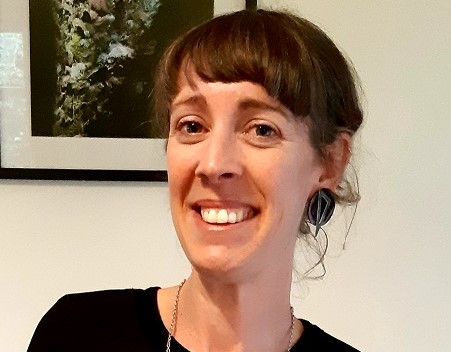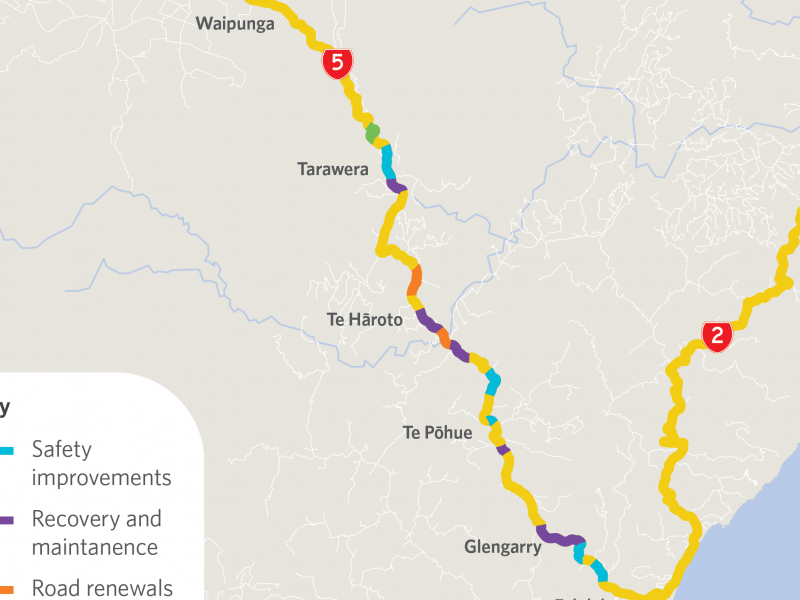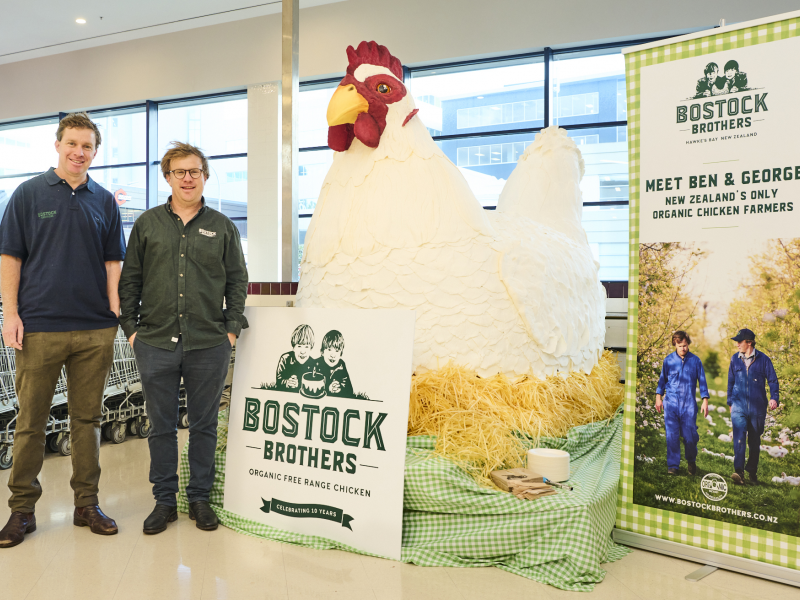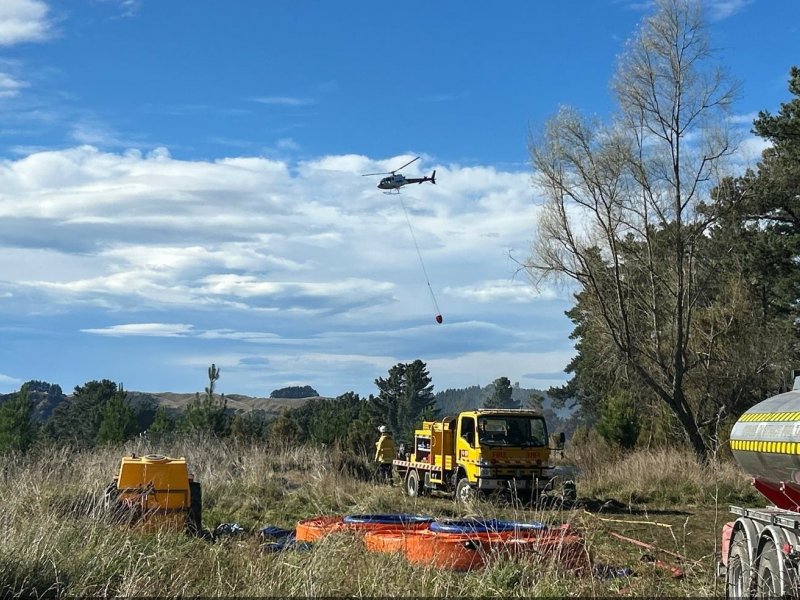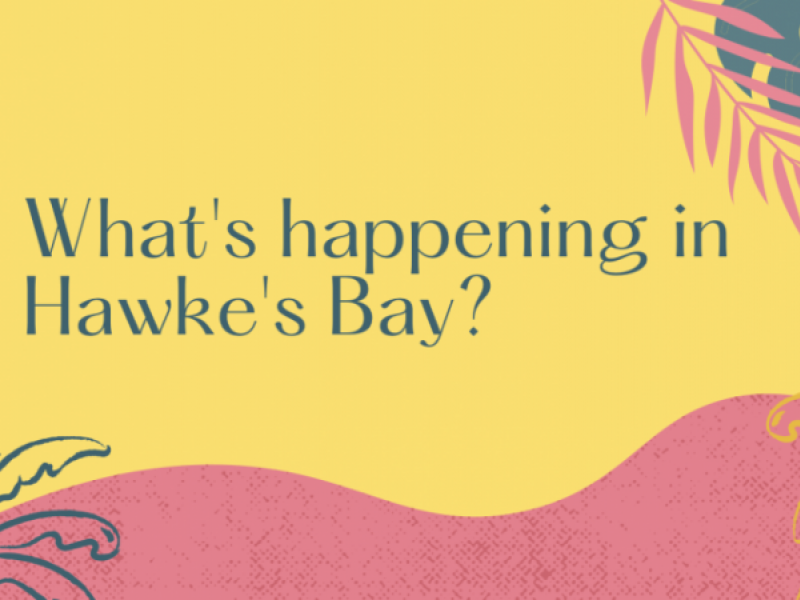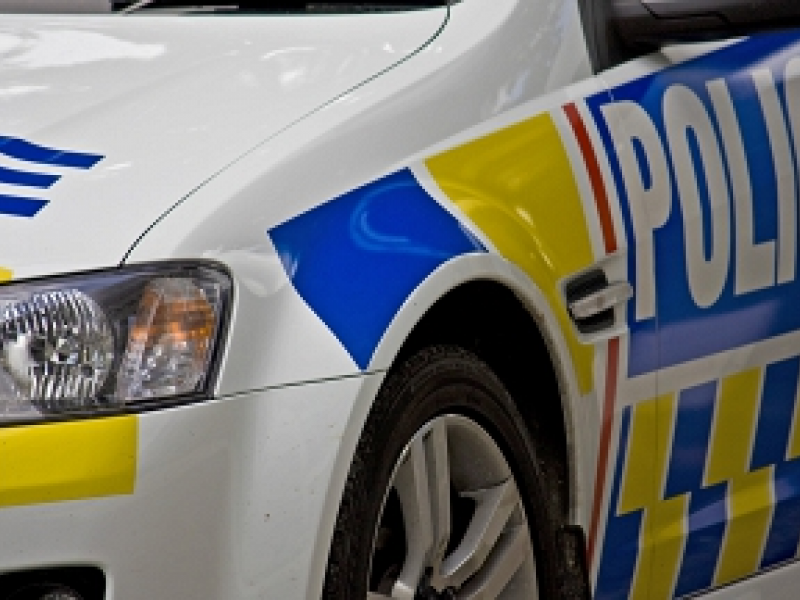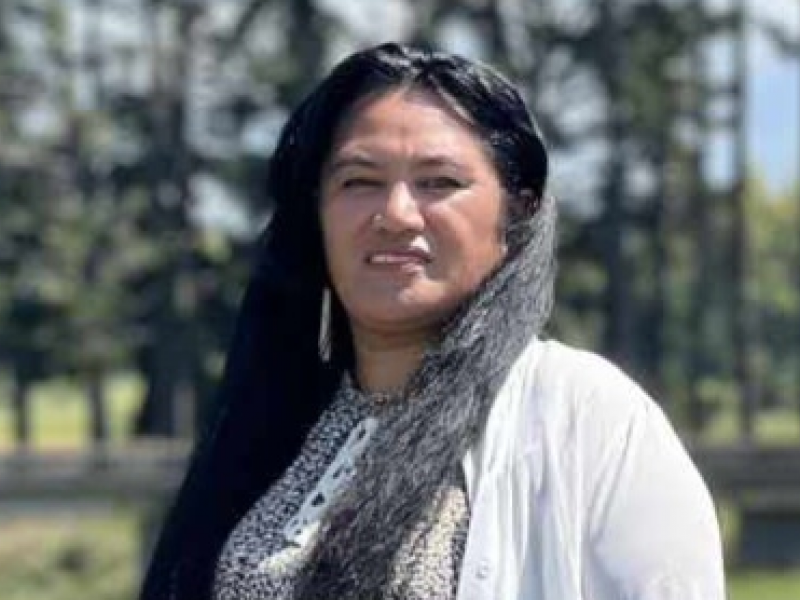It’s not easy, but Helen’s committed to Plastic Free July
Helen Howard is a woman of action. With her third consecutive year of participating in Plastic Free July Helen is under no illusion of how challenging it is.
Helen says, “I have made my Facebook page public for July so anyone interested can follow me. I am very transparent as to how difficult it is. I post my fails as well as my victories and lots of helpful tips along the way!”
Plastic Free July is a global movement from the Plastic Free Foundation that challenges people to be part of the ‘solution to plastic pollution’ through minimising the amount of plastic waste thrown out/recycled in July.
Starting from humble beginnings in 2011, this award-winning campaign – the brainchild of Rebecca Prince-Ruiz from Western Australia – saw 120 million people participate in 2018. Like many people, Rebecca realised recycling plastic was not the answer. The only way forward was to reduce the amount of plastic being produced and used.
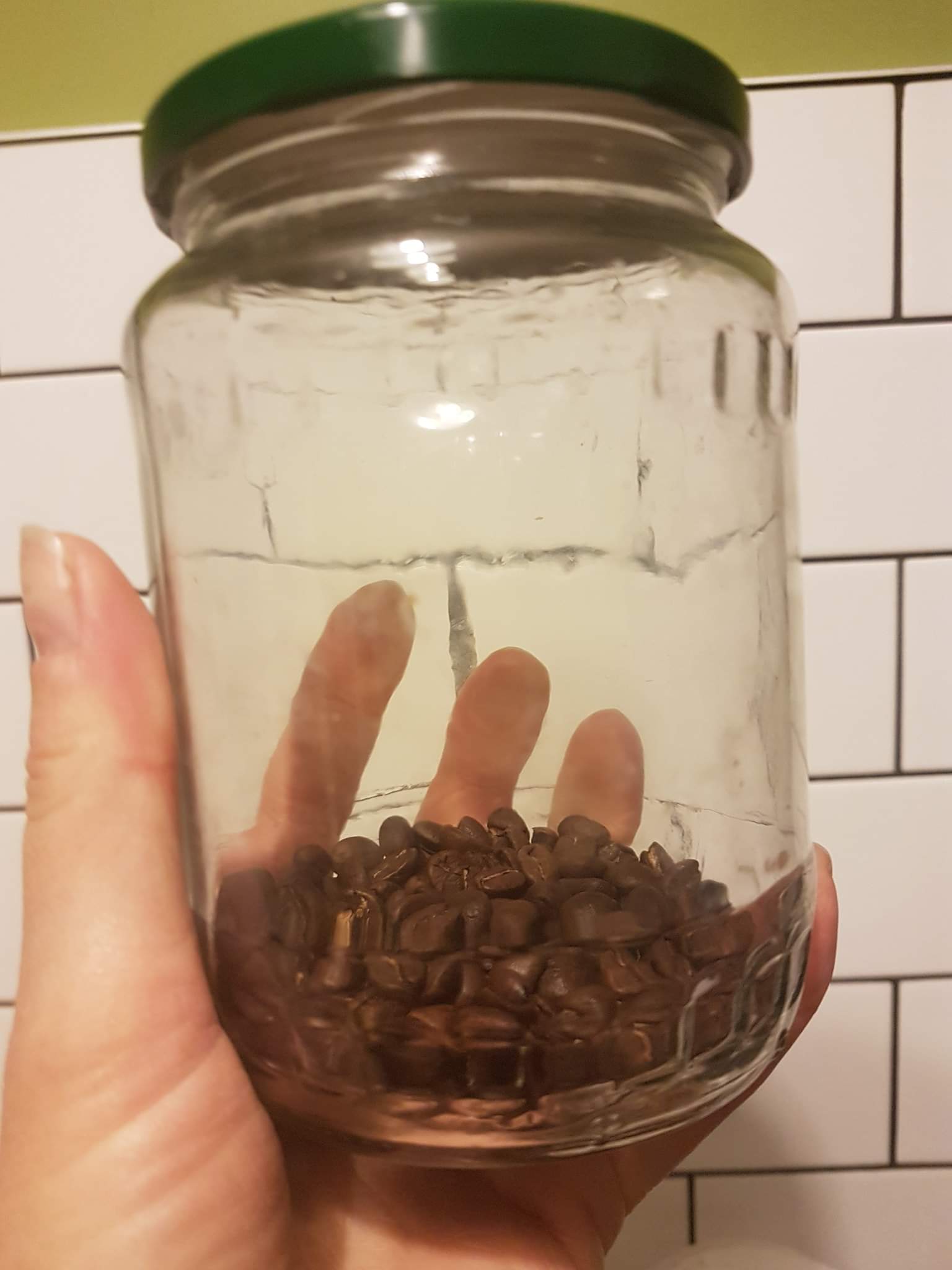
Easy swaps include buying loose food items and storing them in glass.
Helen is like many of us. She works, has two young children and a husband. It would be easier for her to turn a blind eye and carry on with life as if everything was fine.
But Helen couldn’t ignore the truth.
“I have to do what I can. I was ignorant for so many years. But when I found out the extent of our plastic problem, I went hardcore!” Helen says.
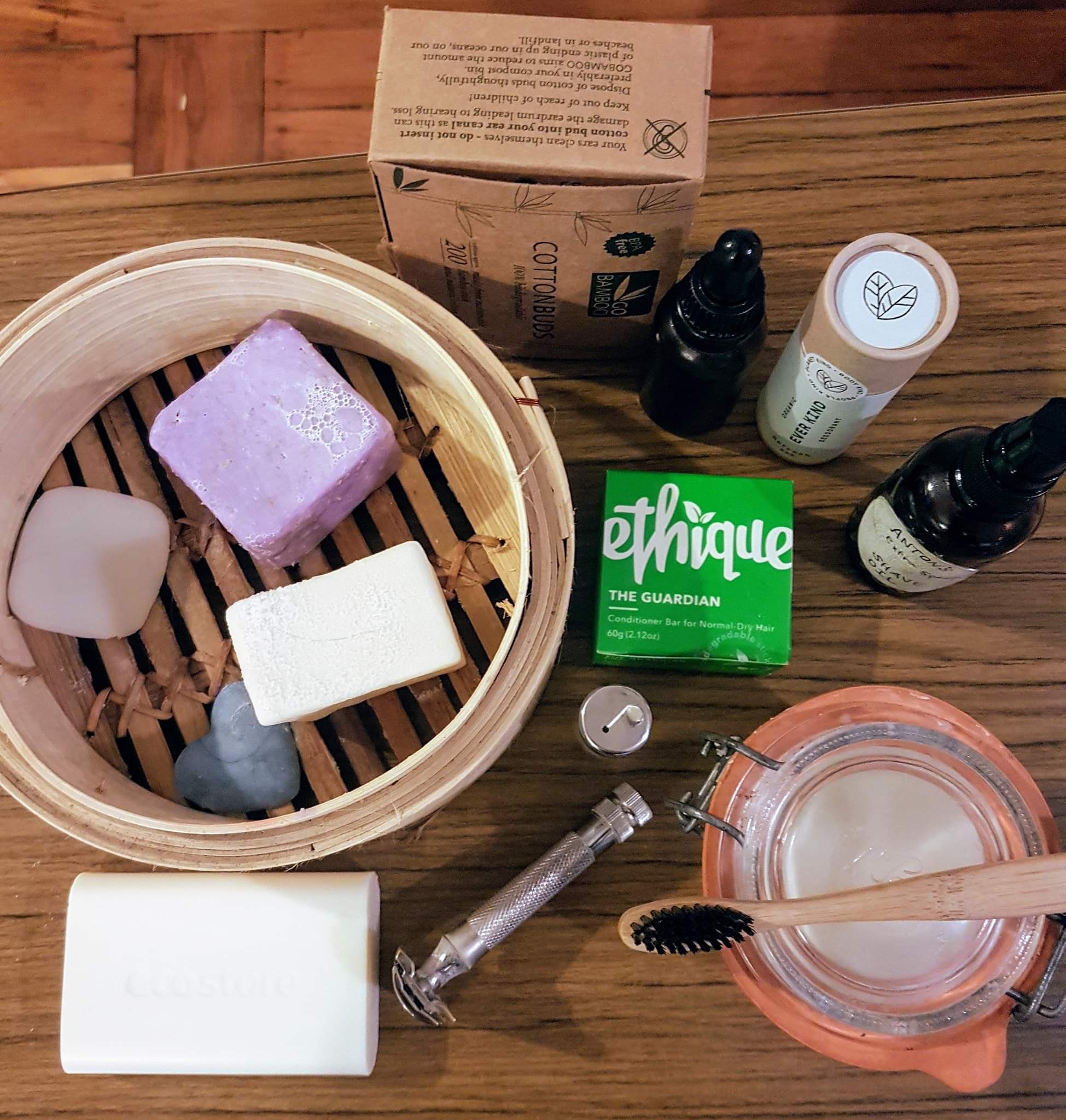
Bathroom swaps.
Helen feels being active not only reduces the world’s plastic waste burden but helps her sleep at night.
She says, “I feel down in the dumps about the state of our environment every day. Doing something constructive really helps. When my children are adults, I will be able to look them in the eye and honestly say - I did what I could”.
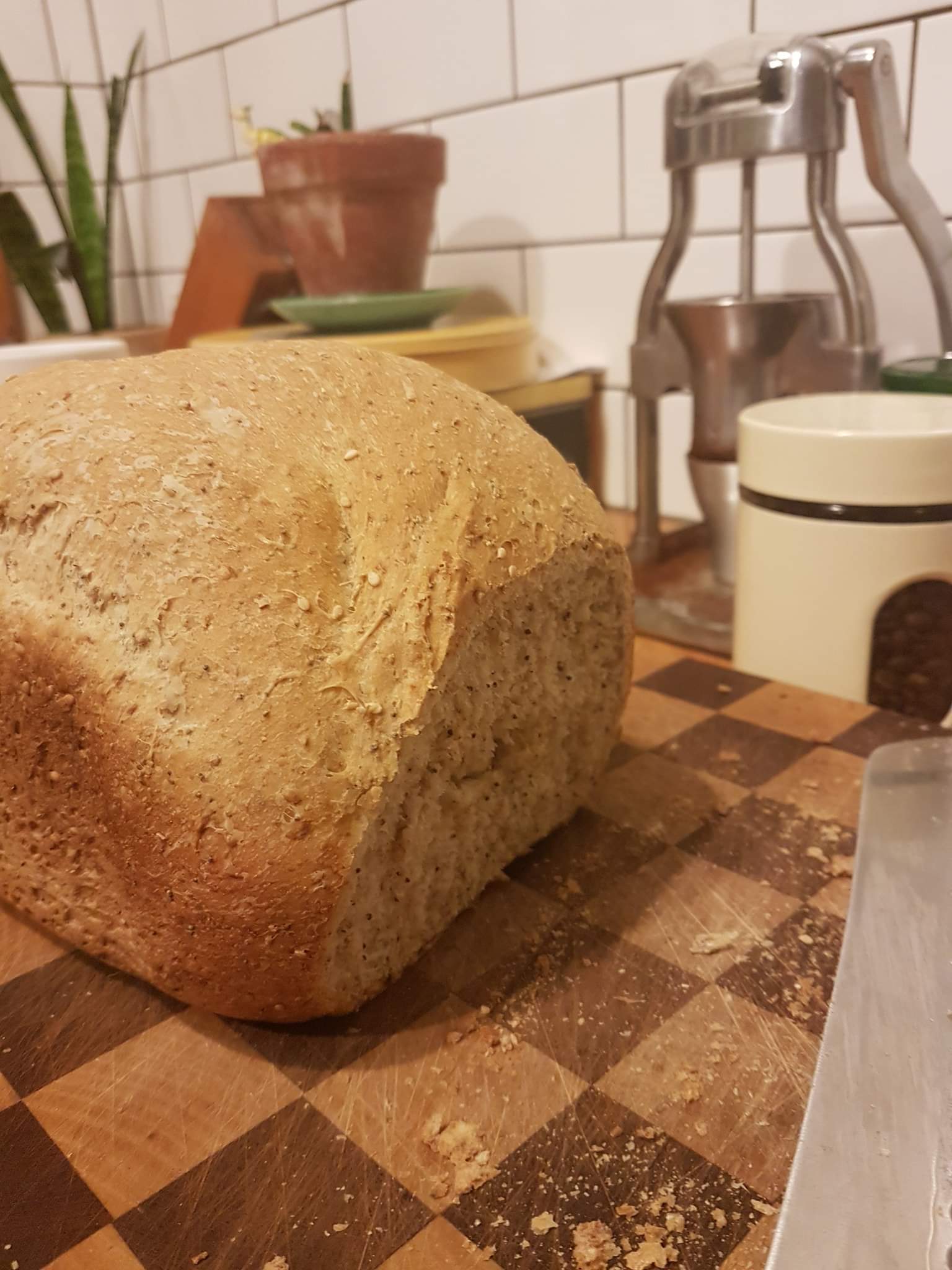
Bread made in the bread-maker.
Many people feel small, individual behavioural changes will not make an impact. However, figures obtained from the 2018 Plastic Free July campaign proved this to be wrong. Collectively, participants contributed a total saving of 490 million kilograms of plastic waste. On average each participant cut their use of disposable plastic by 5.6 percent.
Helen comments, “You can start with the obvious, simple changes. Instead of buying wrapped/packaged food, bottled household cleaning products, self-care items and so on, you can go to outlets that allow you to take your own containers and re-fill. We are really lucky in Hawke’s Bay to have several places we can go to. A really useful directory [of Hawke’s Bay outlets] is found on The Rubbish Trip website which I help keep up-to-date”.
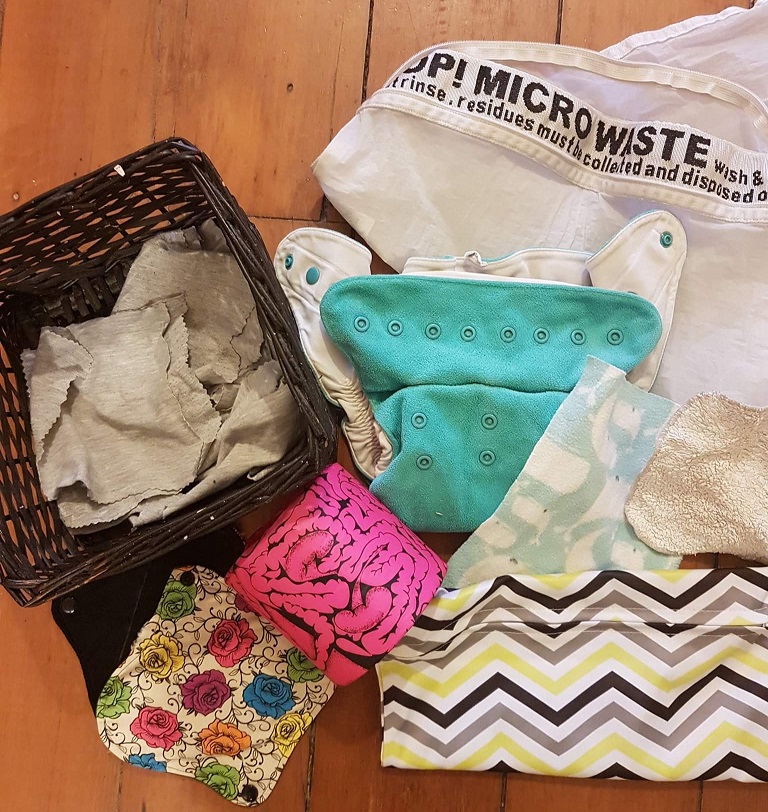
Cloth nappies and personal care swaps.
Major obstacles holding people back from reducing their plastic waste include time, convenience and cost.
“Many of us are time poor and have limited budgets. It’s easier to pop into your local supermarket on the way home and get what you need. At first, it can seem really hard. I have found the only way to make it work is to be super organised. Once you get into a routine it becomes easier and when you see your waste shrink, it starts to feel worth it,” Helen says.

Helen holding her refillable glass milk bottles.
Living a zero-waste lifestyle may seem unattainable for many of us, reserved only for the affluent members of our community that can afford to buy organic and make several trips to different shops. Society is not set up for the zero-waste movement.
Helen understands this. “It’s not about being perfect. And, many food items are more expensive from smaller shops but its worth taking some time to look around. It’s about doing what you can. Every action against plastic waste is worthwhile. Start by saying ‘no’ to the top four plastic offenders – plastic bags, water bottles, take-away coffee cups and straws – then you can graduate to other single-use plastic items,” she says.
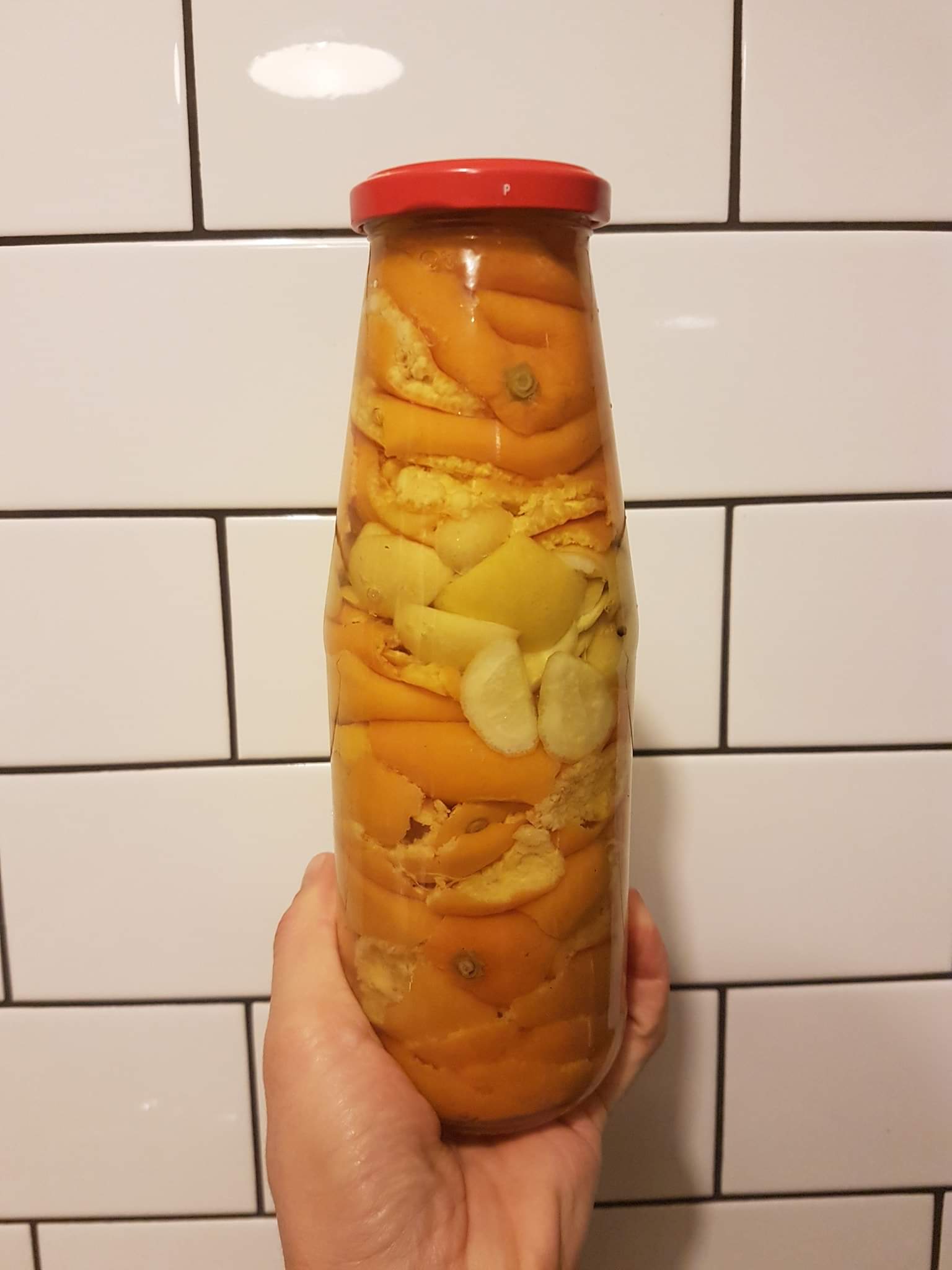
Home-made citrus cleaner.
If ditching the supermarket is in the ‘too hard’ basket there are other ways you can minimise your waste and save money.
Zero-waste experts suggest not wasting money on items you don’t need – keep the ‘stuff’ out of your home, repair items instead of buying new, buy second hand items, use what you’ve already got, meal plan – this saves you money and reduces waste, stay away from companies that over package their items, and resist unnecessary snack food products that are often package heavy and unhealthy.
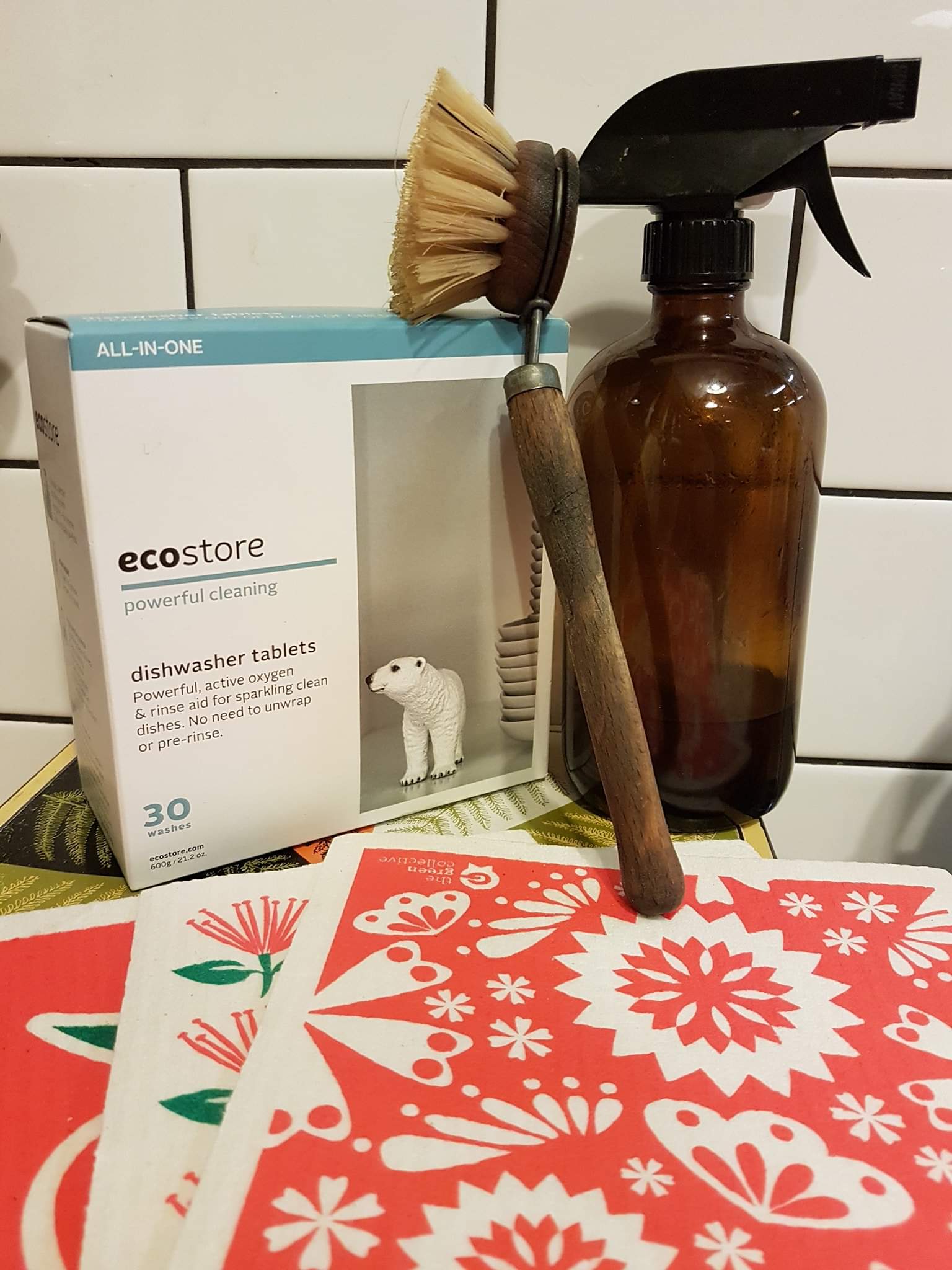
Kitchen swaps.
Helen has managed to reduce her waste to one rubbish bag every three weeks.
“It’s been a real challenge! I often feel like the ‘mean’ mum as I have to say “no” to the kids on a regular basis. The hardest part was asking family and friends not to buy the children presents. I am really trying to keep unnecessary stuff out of the house. Sometimes it’s too hard and I give in!” Helen says.
Many of us are making moves to reduce our personal plastic waste. But Helen believes consumer goods companies and major multi-nationals need to be held accountable.
“Look at where your plastic waste comes from. This gives you a huge indication who the key offenders are!” Helen says.
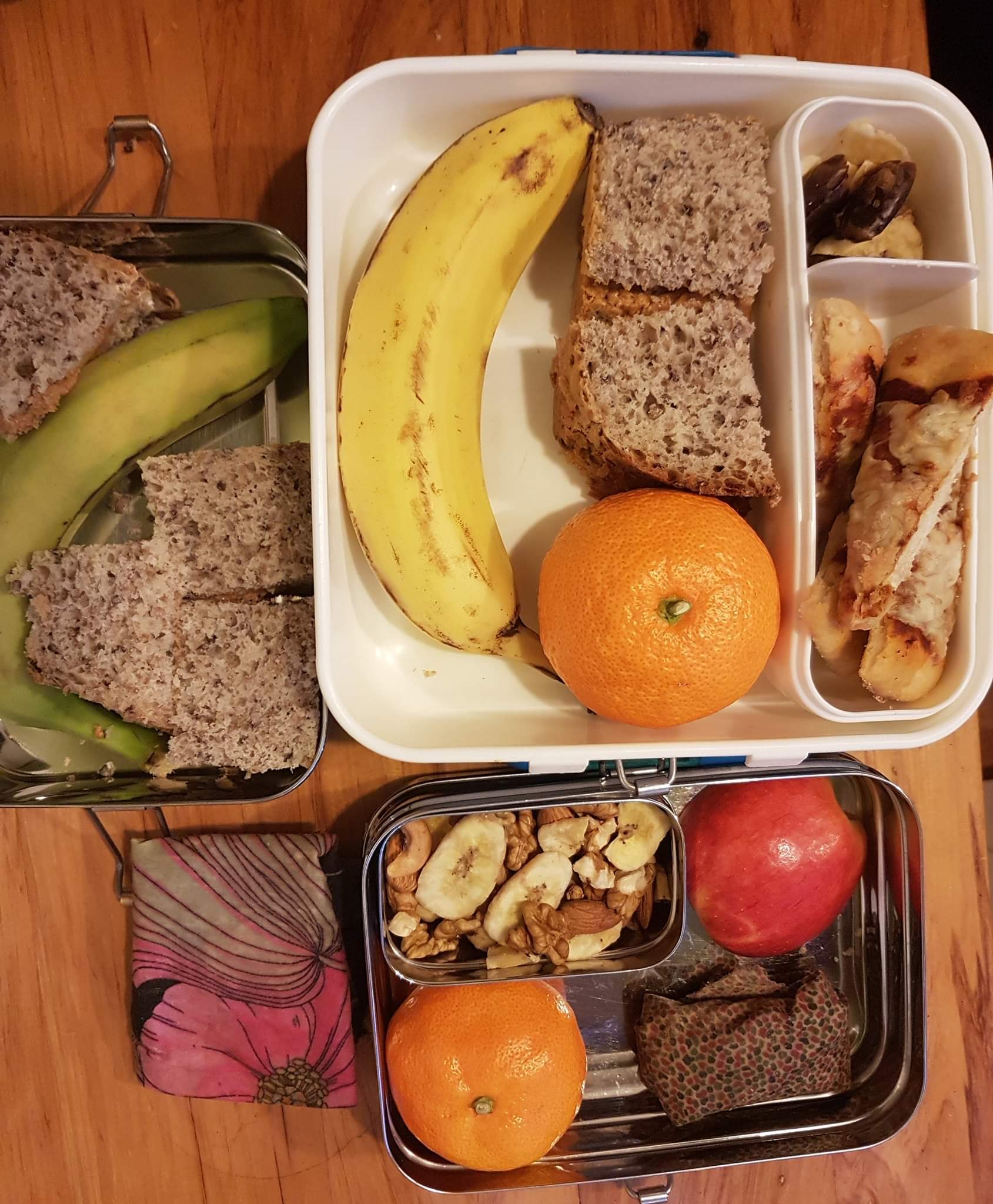
Plastic-free packed lunch.
For the past two years the ‘Break Free from Plastic’ campaign has organised hundreds of clean-up events and audited what they collected. Of 147,000 pieces of plastic collected in 2018 the largest polluters were Coca-Cola, PepsiCo, Nestlé, Danone, Mondelez International, P&G, Unilever, Perfetti van Melle, Mars and Colgate-Palmolive.
Helen says, “Currently, companies have no responsibility for the entire life-span of their over-packaged products. They can keep polluting and the liability of cleaning it up falls squarely on the community’s shoulders. These corporations should be doing everything they can to prevent the use of single-use plastic and, if necessary, the government should hold them accountable”.
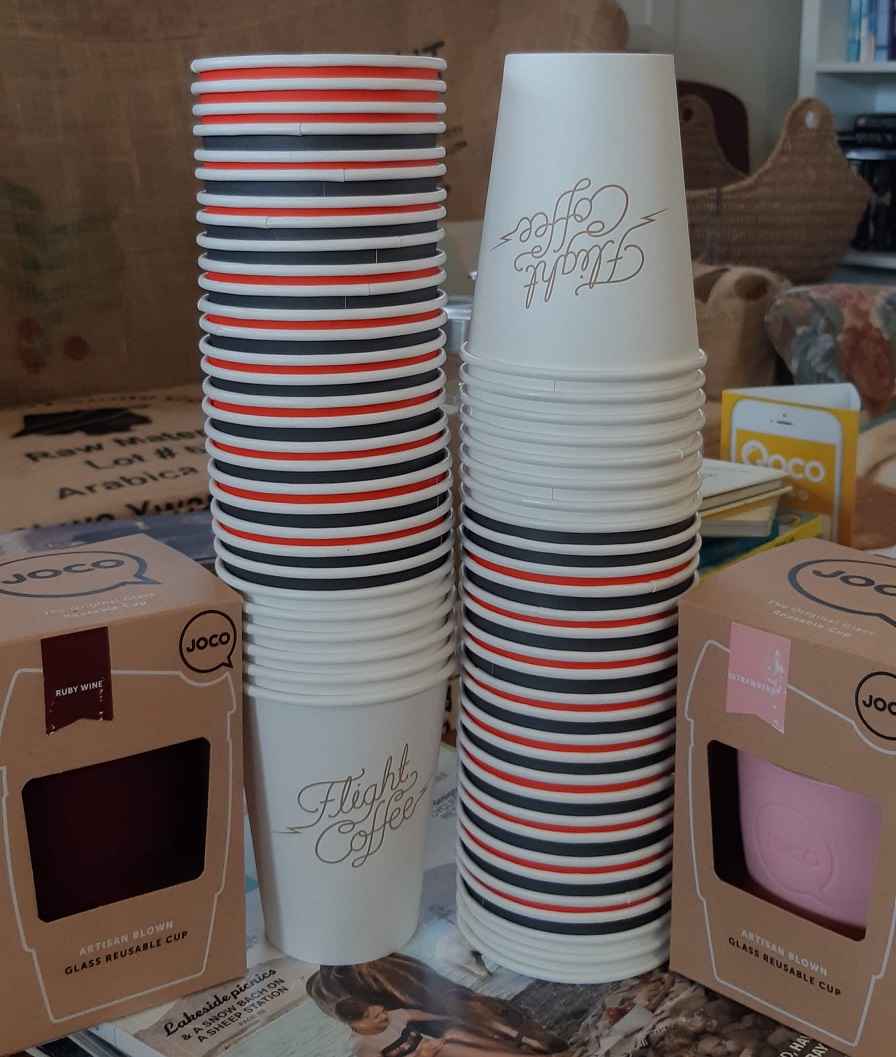
Swap to a reusable coffee cup.
The Break Free from Plastic campaign encourages individuals to hold corporations accountable for the plastic crisis by identifying brands found in their local clean-ups and making the information visible using #IsThisYours? on social media.
The anti-plastic campaign is picking up momentum. There are many things you can do on a personal level to help. Every action against reducing plastic is positive.
Helen notes, “We have the local body elections coming up soon, really check the candidates out. Do they practice what they preach when it comes to the environment?”.
For helpful hints on living a plastic-free life check out Helen Howards Facebook page. Or find her at the Soundshell in Napier every Friday at 4.30 pm leading the Fridays For Future weekly rally.

